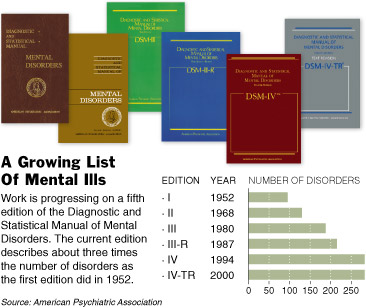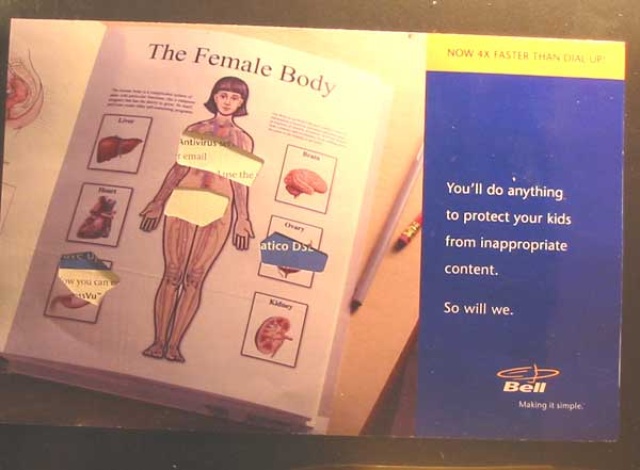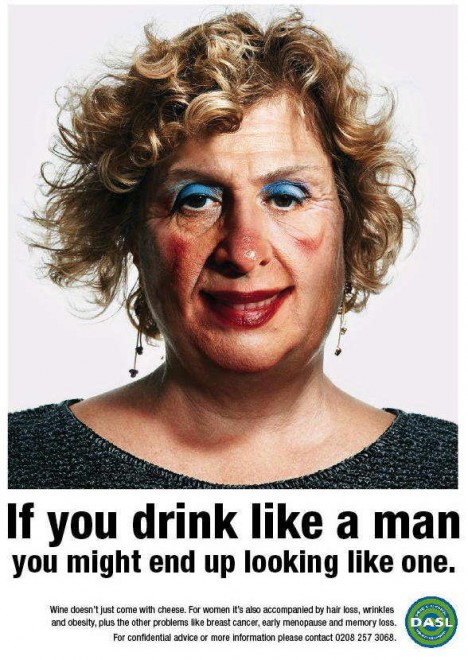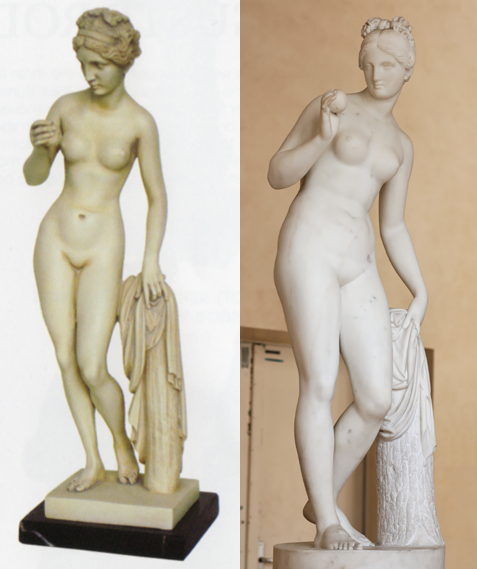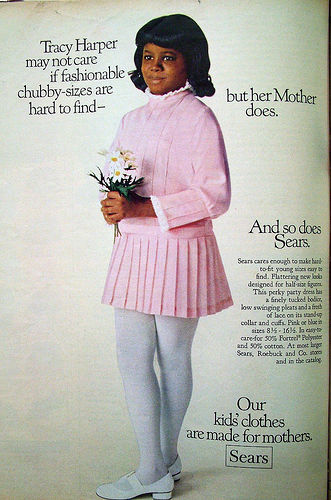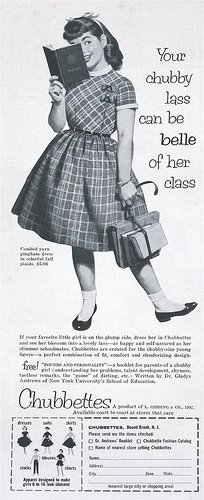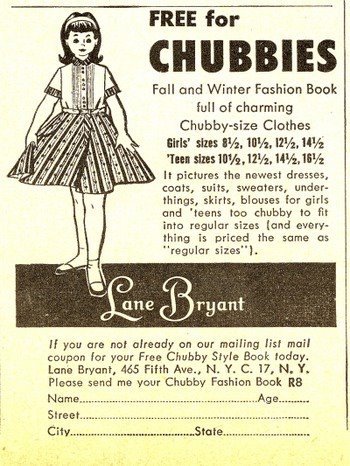Please peruse the posts we’ve enriched this month:
The idea of interracial and cross-national sex as cultural tourism came up at PostSecret. We added a postcard to an earlier post on the topic.
We added a video about the video game BoneTown to this post about Miss Bimbo and Sexy Beach 3. BoneTown, supposedly the “world’s first action adventure porno video game, is exactly what you’d think it is, except with Mormons, American Indians in business suits, and a mysterious thing called Jew Magic. It’s pretty fascinating.
In a comments thread, Mordicai alerted us to “Man Glaze,” i.e., finger polish for men. We added it to our thread on make-up for guys here. Scroll down.
We added an o.b. tampon ad sent in by Claire T. to this post about marketing products with eco-conscious messages as evidence that “being green” (at least in theory) is becoming increasingly mainstream.
We added a commercial, also sent in by Claire T., for the EU’s “Cool Capitals” tourism campaign, to this post about imagery of cheating (polygamy?) in AirFrance advertising. The EU commercial documents the case of Francine, a fictional polygamist with husbands in five European capital cities.
In the comments thread to our post about the NOT FOR GIRLS candy bar, Trevor pointed us to the girl version. But it is a girl version? I couldn’t figure out the message. Can you? We also added an image of Men’s Pocky, pointed to by Lis Riba.
Pharmacopaeia alerted us to another ad campaign on the “Thank God You’re A Man” theme.
We found another instance of pre-nazi uses of the swastika, this time the symbol was used in a warm, cozy quilt. Thanks to Felicity who pointed us to it in the comments!
Taylor D. sent us another add for Wate-On, a product that supposedly helped women gain weight, this one targeted to African American women. We added it to this post about weight-gain supplements.
We added two more ads, sent in by Taylor D., to this post about non-subtle uses of sex in advertising.
We added another Gillette ad to this post about how body wash is marketed to men.
Finally, we added the Obama Chia Pet to a post about advertising products with Obama.

